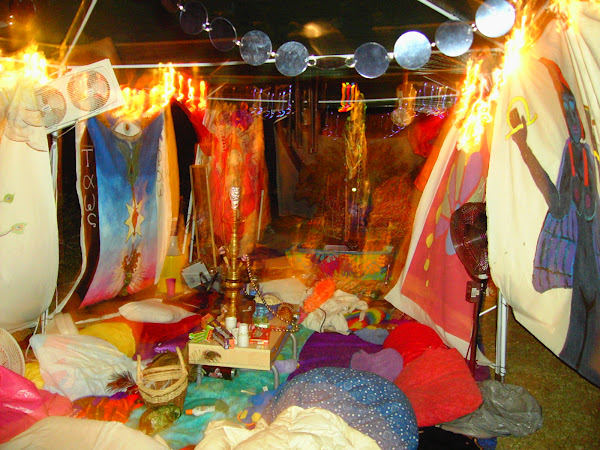(Attached Spoiler Warnings apply only to video embeds, not to the text)
It has been 40 years since that landmark of creative television, The Prisoner, concluded its brief run with the climactic episode Fallout. This series finale was so controversial that reportedly series creator and star Patrick McGoohan had to hide out to avoid being attacked in the streets. Just as Thomas Pynchon’s novel Gravity’s Rainbow was cited by an imprisoned Timothy Leary as “…an authoritative text on how to understand and neutralize the Cybervillians, the secret police of all nations...[that] exposes the weirdo psychology, the kinky sociology, the ruthless inhumanism of all the national espionage combines,” so does The Prisoner offer similar methods of resistance, revelation and escape from any given year’s Village and new Number 2.
It seems redundant to mention that a show about a retired secret agent who was “disappeared” to a place where he was held and interrogated without due process was remarkably prophetic. In the intervening four decades, ubiquitous surveillance and loss of privacy have become the norm. Even the show’s torture, though often science fictional, strikes a chord with any human rights advocates considering current events. But it was McGoohan’s genius to transcend the pop conventions of 1960s media spy fare in offering something more allegorical, surreal and cerebral. The Prisoner’s influence on other media, most notably on Lost, should be apparent. The short-lived Nowhere Man and even story arcs in Buffy the Vampire Slayer owe much to the show.
While McGoohan has resisted the many different interpretations and expressed disdain for cultish fans, structurally and symbolically his show seems akin to multi-layered Sufi teaching-stories. Pointedly, its last episode pay-off is notable for its defiance of genre conventions, its somewhat dated freak-out exposition, and daunting openness to interpretation. The very aspects which angered most fans are also the things that give the show universality while, in open reverence for the right of “the individual to be individual,” offering so much in the way of individual interpretation, depending on what one brings to the viewing experience. It has often been noted that McGoohan artfully deals with themes that will be familiar to any reader of Philip K. Dick, George Orwell and Franz Kafka. But it is seldom mentioned that there is much here for consideration of those who cherish the works of Jilaladin Rumi, Ibn Arabi and Aleister Crowley.
SPOILER WARNING
Four decades later, The Prisoner is more relevant than ever. Our shrinking Global Village stands exposed. The ways in which we are all, in one way or another, prisoners are all too apparent. Freedom seems like an ever-receding goal. Escape has been sublimated and replaced by escapism. Too often we rail at external authority without due consideration for the authority that is implicit in our own domestic apathy or the corporate media simulacrum that dictates everything from what’s newsworthy to fashion and behavior.
SPOILER WARNING
Like the best art, The Prisoner will change and teach us if we let it. Its dystopian dream remains all too familiar. Its techniques for resistance and escape remain useful. And its challenge to be a free individual is timeless and inspirational.
The door to your cell is open. What will you do now?
Subscribe to:
Post Comments (Atom)


No comments:
Post a Comment